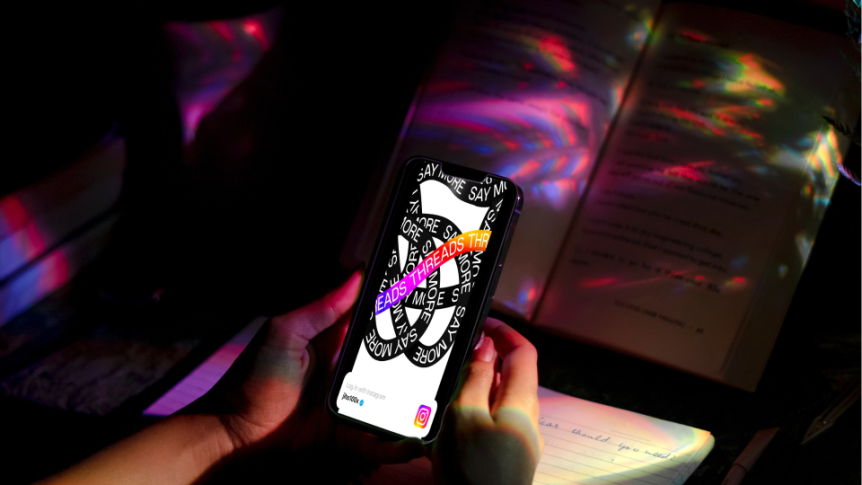
With 100 million subscribers recorded in the first week of the roll-out of Instagram’s Threads, it seems this new application might become the first real challenge to Twitter’s text-based social media and microblogging application dominance. Depending on which statistics you look at, Twitter has a user base of anything up to 450 million, which means that if Threads is able to retain and grow its audience, there could eventually be a conspicuous long-term migration of Twitter communities to Threads, especially as Elon Musk makes significant changes to the platform, including changing its name to a mere “X”.
In a vlog I published recently, I asked some questions around whether communities like Black Twitter – known for their engagement on issues of race, news and politics, among others – would seamlessly cross over onto Threads. I asked this because Adam Mosseri, head of Instagram, had made it clear that Threads is not a space that will leverage news and politics in the same ways that Twitter has. I, therefore, wondered what would become of communities that aren’t necessarily news or political outlets themselves but which are driven in many ways by the news and political cycle. What would Black Twitter, or maybe Black Threads, look like if it tried to recreate its digital community in an environment that does not prioritise the raw news and political fodder that effortlessly fuel this community via Twitter?
As I thought of this more, I began to reflect whether this lack of focus on news and politics might actually make Threads an attractive alternative for women. As we know, Twitter has an endemic culture of trolling, misogyny and hate that often manifests when women engage with issues and themes of news or political value.
Continue reading at GenderIT.org
Photo by Viralyft on Unsplash.